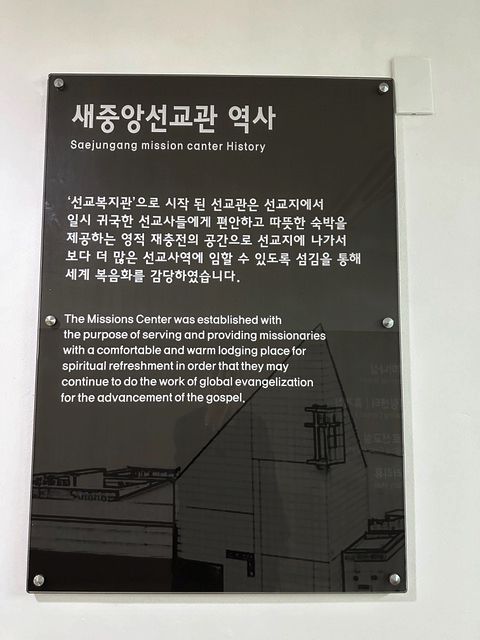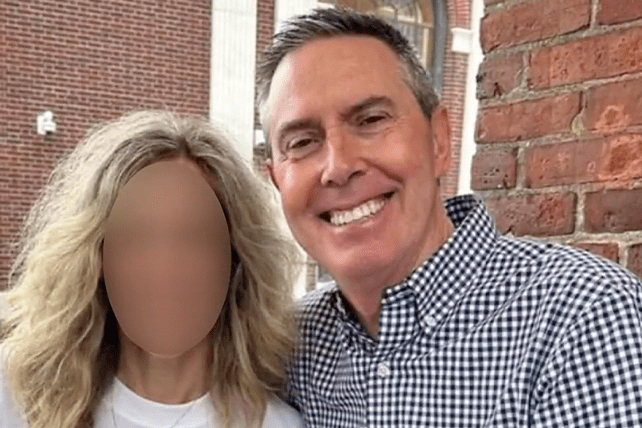 In the pursuit of effective discipleship within Christian ministry, the Neuroscience Informed Relational Discipleship principle of “Tell-Show-Help-Watch” emerges as a transformative approach that bridges the gap between cognitive understanding and relational experiences. This model not only aligns with but also deeply integrates psychological insights with spiritual formation, emphasizing the necessity of whole-brain integration for lasting character change and spiritual growth.
In the pursuit of effective discipleship within Christian ministry, the Neuroscience Informed Relational Discipleship principle of “Tell-Show-Help-Watch” emerges as a transformative approach that bridges the gap between cognitive understanding and relational experiences. This model not only aligns with but also deeply integrates psychological insights with spiritual formation, emphasizing the necessity of whole-brain integration for lasting character change and spiritual growth.
*If you haven’t read the Introduction to NIRD yet, start here 
Tell: The Foundation of Cognitive Engagement
The “Tell” stage initiates the discipleship process through left-brain mediated tasks which involve teaching cognitive information about spiritual principles through written texts, oral instructions, books, Bible study, or sermons. This stage is crucial for laying down the foundational knowledge and understanding of biblical principles. However, while essential, this cognitive engagement alone is insufficient to foster deep and lasting changes in internal working models or character structure.
Show: Modeling Principles in Real Life
Following the cognitive engagement, the “Show” phase extends discipleship into right-brain mediated experiences, which are essential for the internalization of taught principles. This stage involves living life in proximity to a mentor or discipler, allowing disciples to witness the application of biblical truths in real-world settings. Whether it’s serving together in community engagement contexts or simply participating in the daily life of a mentor’s family, this stage offers a powerful avenue for disciples to observe and begin metabolizing the cognitive information through relational and sensory experiences.
Help: Active Participation and Feedback
The “Help” phase deepens the relational experience by allowing disciples to attempt living out the principles they have learned in real-time, within relevant contexts. This proximity enables mentors to provide immediate coaching, support, and feedback, crucial for the disciples as they navigate the complexities of applying these teachings. The role of the mentor is not just observational but actively supportive, ensuring that the learning is not only attempted but also refined and corrected through practice.
Watch: Affirmation and Celebration of Growth
Finally, the “Watch” phase involves the mentor observing and supporting the disciple as they practice the relational skills and principles independently. This stage is characterized by the mentor’s role in affirming and celebrating the disciple’s growth, which reinforces the learning and helps cement the transformation. This validation is vital for encouraging the disciple, highlighting the positive changes, and solidifying the new behavioral patterns as permanent features of the disciple’s character structure.
Theoretical and Spiritual Underpinnings
This model is supported by a robust understanding of how the brain processes and internalizes information. The left-brain is engaged in logical processing and understanding, which is critical in the “Tell” phase. However, lasting change involves the right-brain’s capacity for relational and experiential learning, activated through the “Show,” “Help,” and “Watch” stages. This approach aligns with the biblical process of discipleship, which involves more than just knowledge but transformed lives demonstrated through relationship and community.
Implications for Church Practice
The “Tell-Show-Help-Watch” approach underscores a significant challenge within modern church practice, which often favors large-scale programs and instructional formats that neglect the deeper relational dynamics essential for true spiritual growth. By adopting this integrative approach, churches can foster more profound and lasting impacts on individuals’ lives, moving beyond superficial engagement to producing disciples capable of replicating this transformative process in others.
The NIRD principle of “Tell-Show-Help-Watch” offers a holistic and effective framework for discipleship that leverages both cognitive and relational brain functions to foster deep, lasting spiritual and character transformation. This model not only aligns with neurological insights but also embodies the scriptural mandate for discipleship that is deeply relational and transformational.
Small Group Training
Training small group leaders using the Tell-Show-Help-Watch principle of Neuroscience Informed Relational Discipleship (NIRD) can be a highly effective way to ensure they are well-equipped to facilitate their groups with confidence and skill. Here’s how this principle might be applied in such a training context:
- Tell: The training begins with a clear and structured presentation of the key concepts and roles of a small group leader. This includes teaching on the purpose of small groups, the importance of creating a safe and welcoming environment, and the various responsibilities that leaders will hold. For instance, trainers might cover biblical teachings on community and leadership, such as those found in Acts 2:42-47, which discusses the early church’s commitment to teaching, fellowship, breaking of bread, and prayer.
- Show: Next, the trainers demonstrate these concepts in action. This could be done through role-playing scenarios where experienced leaders simulate a small group meeting, demonstrating how to handle various situations like managing different personality types, facilitating discussions, and addressing sensitive issues. This stage might also include showing videos or case studies of successful small group interactions.
- Help: In this phase, the trainees practice leading a small group session in a controlled environment with real-time feedback from their trainers. The trainers participate in the group as members, guiding the trainee through the process of leading, from opening the group in prayer to steering discussions and handling hypothetical challenging situations. This hands-on approach helps solidify learning and builds the trainee’s confidence.
- Watch: Finally, the trainees lead a session with less direct intervention from the trainers, who observe and later provide constructive feedback. This stage may involve the trainees leading a pilot small group with volunteer participants or their peers acting as group members. The trainers watch and evaluate the session, offering feedback on areas such as communication skills, handling of the group dynamics, depth of discussion, and adherence to the group’s purpose.
Throughout each of these stages, the integration of scriptural principles and psychological insights ensures that the training is both spiritually grounded and practically effective. The trainers would emphasize the importance of prayer, reliance on the Holy Spirit, and the application of interpersonal neurobiology principles to understand and manage group dynamics effectively. This holistic approach prepares leaders not just to manage groups but to foster genuine spiritual growth and community among members.
Community Engagement
Applying the Tell-Show-Help-Watch principle to train volunteers for community engagement tasks, such as serving in a soup kitchen, offers a structured approach to ensure they are prepared, confident, and effective in their roles.








 Do you experience feelings of exhaustion, overwhelm, maybe isolation, or even burnout? In this week’s conversation on FrontStage BackStage, host Jason Daye is joined by Mindy Caliguire. Mindy is the founder and president of Soul Care, an organization committed to helping leaders cultivate healthy souls, both for themselves and the people they serve. Mindy has served in a number of ministry roles, and her newest book is titled, “Ignite Your Soul.” Together, Mindy and Jason explore how we can reframe our perspective of caring for our own souls to view it as an invitation rather than another item on our to-do list. Mindy then shares some incredible ideas and examples of how we can begin prioritizing our own soul care.
Do you experience feelings of exhaustion, overwhelm, maybe isolation, or even burnout? In this week’s conversation on FrontStage BackStage, host Jason Daye is joined by Mindy Caliguire. Mindy is the founder and president of Soul Care, an organization committed to helping leaders cultivate healthy souls, both for themselves and the people they serve. Mindy has served in a number of ministry roles, and her newest book is titled, “Ignite Your Soul.” Together, Mindy and Jason explore how we can reframe our perspective of caring for our own souls to view it as an invitation rather than another item on our to-do list. Mindy then shares some incredible ideas and examples of how we can begin prioritizing our own soul care.














 In the pursuit of effective discipleship within Christian ministry, the Neuroscience Informed Relational Discipleship principle of “Tell-Show-Help-Watch” emerges as a transformative approach that bridges the gap between cognitive understanding and relational experiences. This model not only aligns with but also deeply integrates psychological insights with spiritual formation, emphasizing the necessity of whole-brain integration for lasting character change and spiritual growth.
In the pursuit of effective discipleship within Christian ministry, the Neuroscience Informed Relational Discipleship principle of “Tell-Show-Help-Watch” emerges as a transformative approach that bridges the gap between cognitive understanding and relational experiences. This model not only aligns with but also deeply integrates psychological insights with spiritual formation, emphasizing the necessity of whole-brain integration for lasting character change and spiritual growth.









